A well-maintained commercial roof not only keeps your employees and customers safe but also preserves the value of your property. In this post, reputable roofing company Hershey Exteriors shares the importance of a commercial roof inspection and maintenance plan. The post will also explore the benefits of routine roof inspections, preventative maintenance and how to choose the right commercial roofing partner.
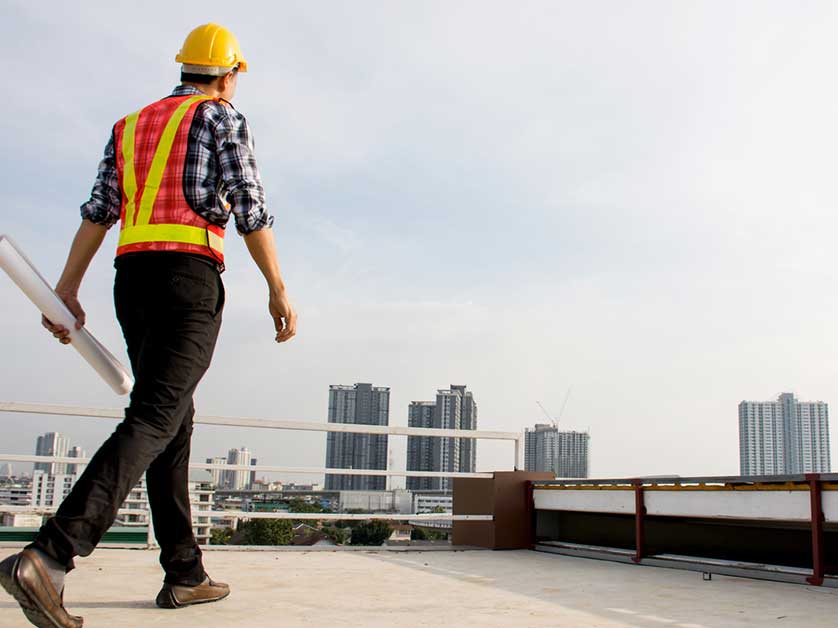
The Components of a Comprehensive Roof Inspection
A thorough inspection consists of several components that aim to assess the overall health of your commercial roof. These include:
- Visual Inspection of the Roof Surface. This involves checking for cracks, blisters, punctures and other signs of damage or wear on the roofing material. It helps spot any issues that require immediate attention.
- Inspection of Rooftop Equipment and Penetrations. HVAC units, vents and pipes are potential sources of leaks and other problems. A professional roofer will carefully examine these areas to identify any damage or improper installation that might compromise the roof's integrity.
- Evaluation of Drainage Systems. Proper drainage is key to a long-lasting commercial roofing system. A comprehensive inspection should include gutter and downspout assessments to ensure water flows away from the building as intended.
- Assessment of the Roof's Structural Integrity. This encompasses checking for signs of sagging, rot or other issues that may indicate a weakening structure. Identifying and addressing these concerns early is crucial for maintaining a safe and secure building.
The Role of Preventative Maintenance in Commercial Roofing
In addition to regular inspections, preventative maintenance is key to keeping your commercial roofing system in optimal condition. Consider the following measures:
- Regular Cleaning and Debris Removal. Dirt, leaves and other debris can accumulate on your roof, leading to mold and water damage. Schedule routine cleanings to prevent these issues from arising.
- Addressing Minor Issues Before They Escalate. Promptly fixing minor issues, such as small leaks or loose flashings, can save you from extensive repairs down the line. Preventative maintenance reduces the likelihood of costly emergency situations.
- Ensuring Proper Ventilation and Insulation. Adequate ventilation and insulation play a significant role in maintaining the energy efficiency of your building and preventing condensation-related issues. A professional roofer will assess both of these aspects to ensure they function optimally.
- Scheduling Routine Inspections and Maintenance. Partnering with a knowledgeable commercial roofing contractor for regular inspections and maintenance will ensure your roof stays in peak condition year-round.
The Benefits of Regular Commercial Roof Inspections
You don't have to wait for major storm damage to call a storm damage repair service. Your commercial roof is constantly exposed to weather elements, which can lead to wear and tear. By scheduling regular roof inspections, you can enjoy several benefits that will save you money and headaches in the long run. For example, a well-maintained roof can last longer, helping you avoid a premature replacement.
Regular inspections also help identify potential issues before they escalate into major problems requiring expensive repairs. Furthermore, ensuring the safety of your employees and customers is a top priority, and a well-maintained roof contributes to that. Finally, a clean, functional roof maintains the visual appeal and value of your building, protecting your investment for years to come.
Questions to Ask Potential Roofing Contractors
The journey to a well-maintained commercial roof starts with choosing the right contractor who'll keep an eye on it on a yearly or bi-annual basis. To help you narrow down your options, consider asking prospective contractors the following questions:
1. What Types of Commercial Roofing Do You Specialize In?
This question should determine if the contractor has expertise in the specific type of commercial roofing you have in your building. Do they work on modified bitumen or single-ply roofing systems like TPO or EPDM? Different roofing systems require specialized knowledge and techniques for inspection and maintenance, so it's essential to find a contractor experienced in working with the type of roofing you have.
2. How Long Have You Been Servicing Commercial Roofs in the Area?
The contractor's experience servicing commercial roofs in your local area is significant. It indicates their familiarity with local building codes, weather conditions and other regional factors affecting your commercial roof's performance and maintenance requirements.
3. What Is Your Maintenance Strategy?
Understanding the contractor's approach to roof maintenance and storm damage repair is vital for determining their level of expertise and commitment to preserving the longevity of your roof. A good maintenance strategy may include regular inspections, proactive repairs and preventive measures to address potential issues before they become significant problems.
4. What Certification and Insurance Do You Carry?
Contractors should possess the necessary certifications, licenses and insurance coverage to perform commercial roofing work. Certifications from reputable industry organizations demonstrate their knowledge and commitment to quality. Adequate insurance coverage protects you and the contractor in case of accidents or damages during the project.
5. Do You Provide References?
Requesting references allows you to gauge the contractor's track record and reputation. Speaking with past clients who have hired the contractor for similar projects can provide valuable insights into their professionalism, reliability and the quality of their work.
6. What Is Your Pricing?
Understanding the contractor's pricing structure is essential for budgeting and comparing quotes from different contractors. They should provide a detailed breakdown of costs, including materials, labor and any additional fees or contingencies. It's critical to strike a balance between cost and quality to ensure you're getting a fair deal.
7. What Is Your Estimated Timeline for Completing This Type of Work?
Knowing the projected timeline for completing the inspection and maintenance work is crucial, especially if there are time-sensitive issues or if the roof requires immediate attention. The contractor should provide a realistic estimate based on the scope of the project and their current workload.
8. What Types of Materials Do You Use?
Understanding the materials the contractor uses is important for assessing their quality and durability. They should be able to explain the benefits and drawbacks of different roofing materials and recommend the most suitable options based on your specific needs, budget and local regulations.
9. What Guarantees Do You Offer?
A reliable contractor should provide guarantees or warranties for their workmanship and materials. These guarantees ensure that if any issues arise after the maintenance or inspection, the contractor will take responsibility and address them promptly.
By asking these questions, you can better understand each potential contractor's expertise, experience, approach and reliability. This information will assist you in making an informed decision when selecting the right contractor for your commercial roof inspection and maintenance needs.
Your Business Is Our Priority
At Hershey Exteriors, we understand that a well-maintained roof is integral to keeping your business running smoothly. Our experienced technicians can provide you with the comprehensive inspection and maintenance services you need to ensure your roof remains in excellent condition. If you're a resident of Ocean View, DE, or its surrounding areas, we are here to provide you with all the services you need for your commercial property. Don't hesitate to reach out to us, or fill out our contact form to schedule a comprehensive inspection or discuss your commercial roofing needs.
Tags
Subscribe to Hershey Exteriors's Blog


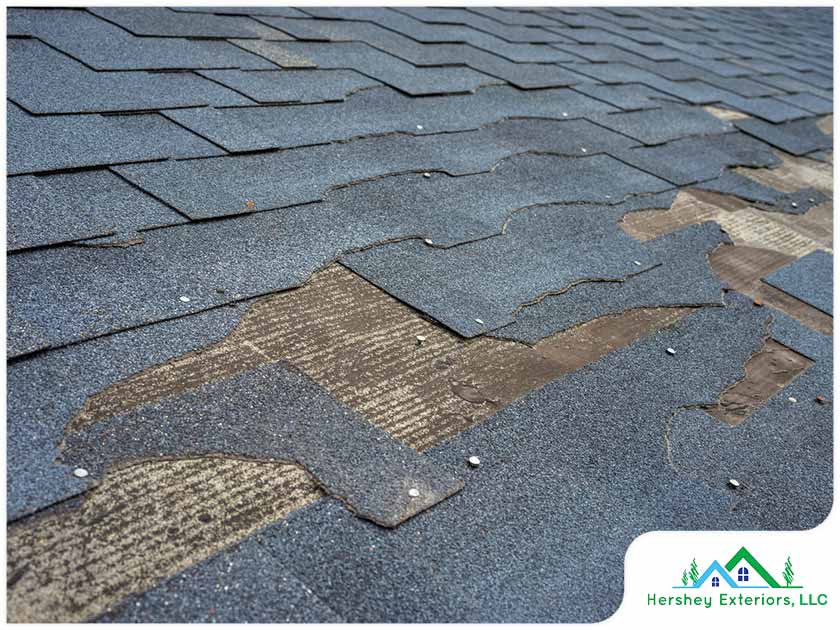
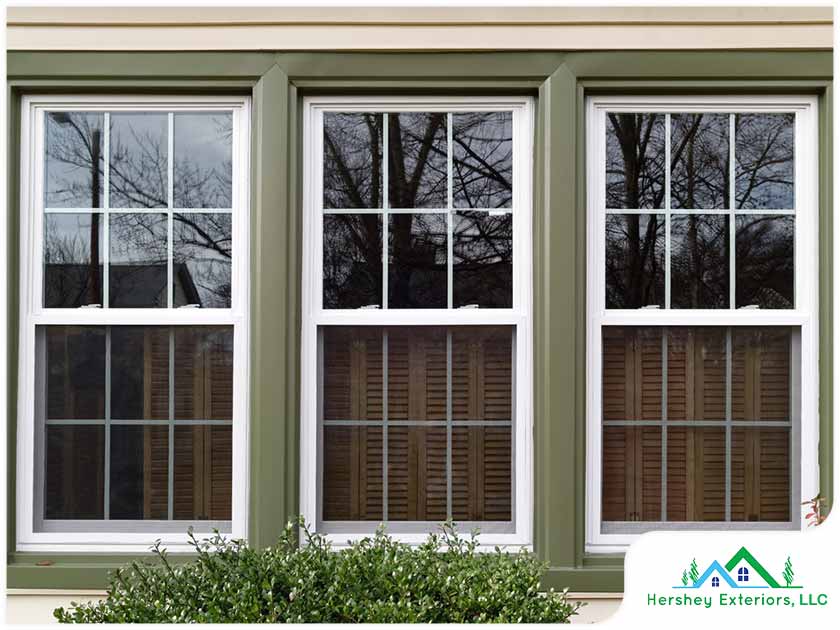
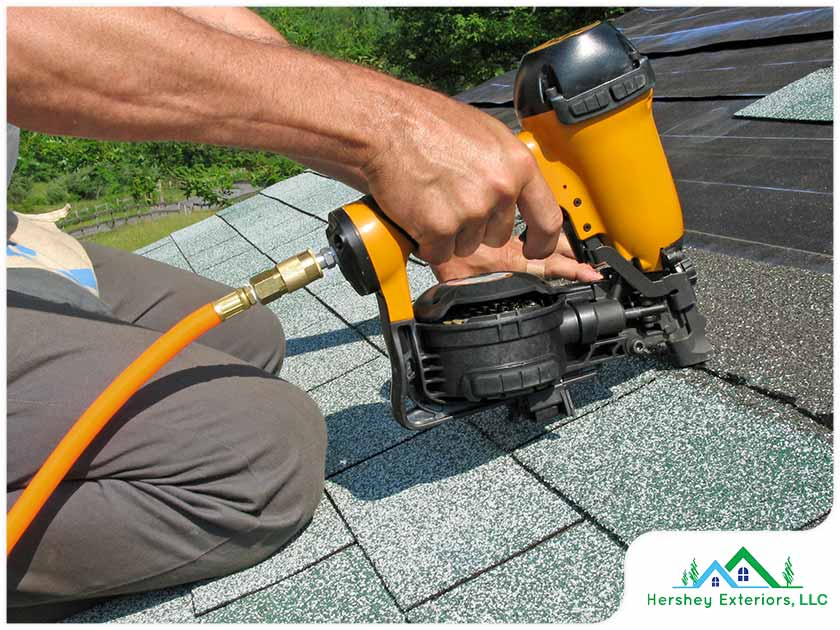
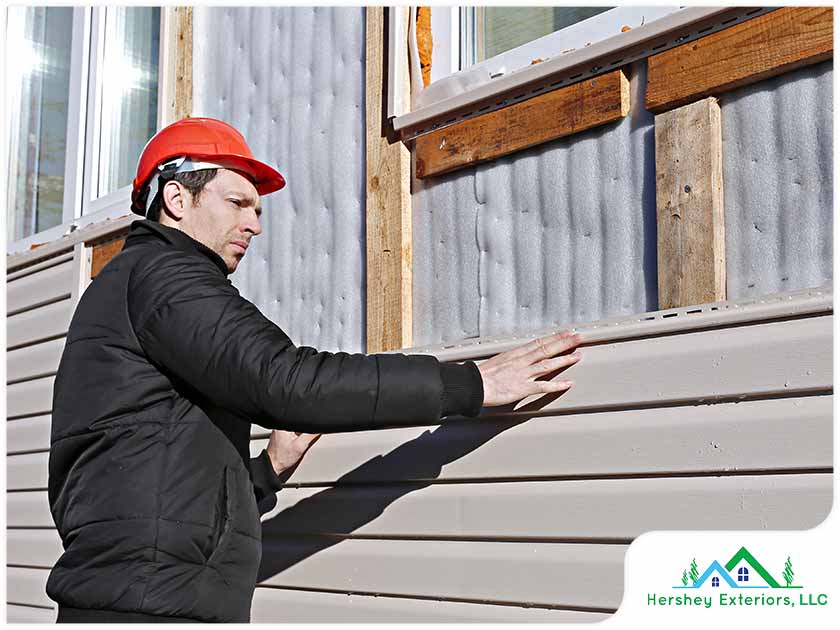
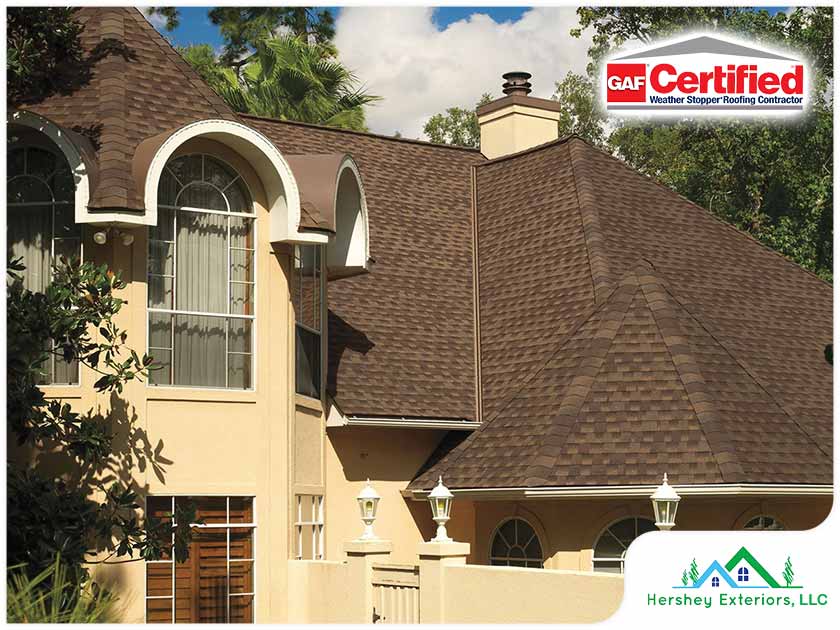

Comments